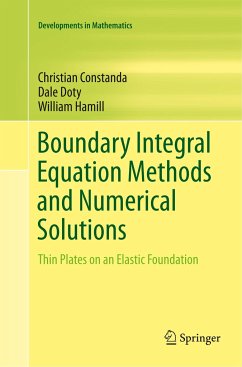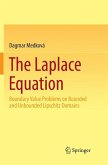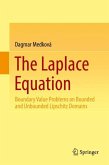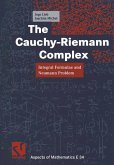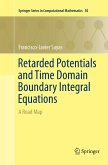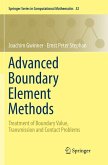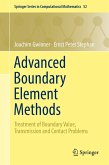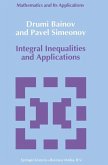This book presents and explains a general, efficient, and elegant method for solving the Dirichlet, Neumann, and Robin boundary value problems for the extensional deformation of a thin plate on an elastic foundation. The solutions of these problems are obtained both analytically-by means of direct and indirect boundary integral equation methods (BIEMs)-and numerically, through the application of a boundary element technique. The text discusses the methodology for constructing a BIEM, deriving all the attending mathematical properties with full rigor. The model investigated in the book can serve as a template for the study of any linear elliptic two-dimensional problem with constant coefficients. The representation of the solution in terms of single-layer and double-layer potentials is pivotal in the development of a BIEM, which, in turn, forms the basis for the second part of the book, where approximate solutions are computed with a high degree of accuracy.
The book is intended for graduate students and researchers in the fields of boundary integral equation methods, computational mechanics and, more generally, scientists working in the areas of applied mathematics and engineering. Given its detailed presentation of the material, the book can also be used as a text in a specialized graduate course on the applications of the boundary element method to the numerical computation of solutions in a wide variety of problems.
The book is intended for graduate students and researchers in the fields of boundary integral equation methods, computational mechanics and, more generally, scientists working in the areas of applied mathematics and engineering. Given its detailed presentation of the material, the book can also be used as a text in a specialized graduate course on the applications of the boundary element method to the numerical computation of solutions in a wide variety of problems.
"The book describes the mathematical model analytically and uses it to show how a boundary element method can be constructed and manipulated to compute a numerical solution. The book should be a good source of information for engineers, mathematicians and physicists interested in studying the boundary integral equation methods." (Razvan Raducanu, zbMATH 1339.74002, 2016)

